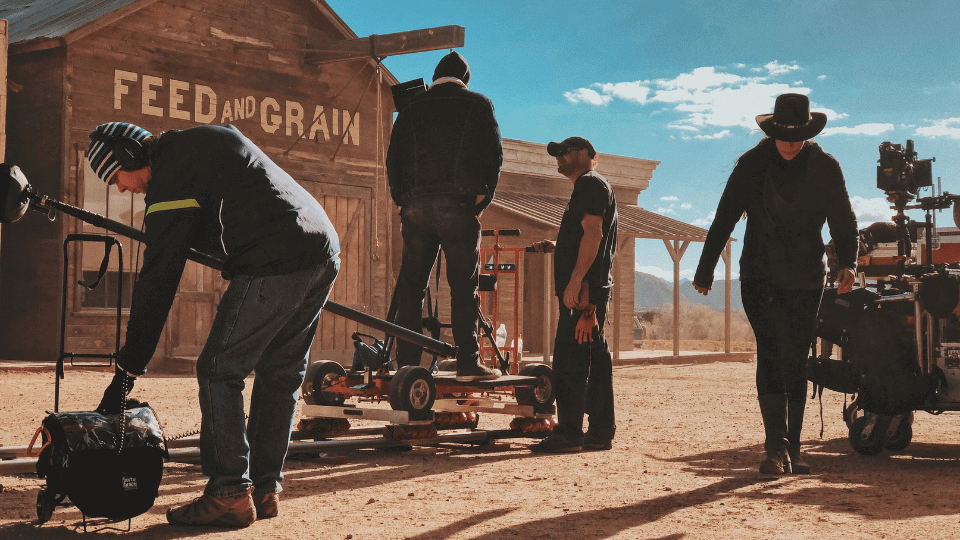Production coordinators play a vital role in the seamless execution of various projects across industries. From film and television to events and advertising, the responsibilities of a production coordinator are diverse and essential for ensuring that productions run smoothly and efficiently. Their ability to manage logistics, people, and resources helps transform creative visions into successful realities.
Top 10 Production Coordinator Job Responsibilities
Below are ten key responsibilities that define the role of a production coordinator. Each duty contributes to the overall success of a project, requiring a blend of organisational skills, attention to detail, and the ability to multitask under pressure.
Project Coordination
As a production coordinator, you’re responsible for overseeing all phases of a project—from pre-production planning to post-production wrap-up. This includes managing timelines, tracking progress, handling documentation, and ensuring the team works cohesively to meet deadlines.
Vendor Management
Production coordinators maintain strong relationships with vendors and suppliers. They negotiate service contracts, source equipment and materials, ensure timely deliveries, and verify that all external services align with production needs and quality standards.
Location Scouting
Scouting suitable locations is often part of a production coordinator’s role. This includes researching and visiting potential sites, obtaining filming permits, assessing logistical challenges, and arranging transportation or setup needed for the location.
Crew Management
Hiring and supervising the production crew is a key responsibility. Coordinators help onboard team members, delegate tasks, manage schedules, and resolve on-site issues to keep production flowing smoothly and efficiently.
Budgeting and Cost Tracking
Production coordinators create and monitor budgets, tracking every expense throughout the project’s life cycle. They ensure that spending stays within financial constraints while maximising efficiency and quality output.
Scheduling
Creating and maintaining detailed production schedules is critical. Coordinators ensure that each department meets milestones, resources are available as needed, and delays are avoided to keep the production on track.
Permit Acquisition
Coordinators are responsible for securing the required permits and permissions for shoots, events, or project-related activities. This includes understanding local regulations, submitting applications, and liaising with authorities to avoid legal issues.
Communication
Strong communication is at the heart of a production coordinator’s success. They act as a point of contact between departments, vendors, clients, and management—ensuring all stakeholders are informed, aligned, and up to date.
Risk Management
A production coordinator must anticipate risks and have contingency plans in place. Whether it’s bad weather, last-minute cancellations, or equipment failure, being prepared to respond quickly is crucial to minimising disruption.
Post-Production Support
Once filming or events conclude, production coordinators shift focus to post-production. They assist with editing logistics, ensure deliverables are on schedule, and make sure the final output meets project specifications and quality standards.
Conclusion
The role of a production coordinator is complex and critical. From logistics and budgeting to communication and risk management, coordinators ensure that every element of production is properly aligned. Their work behind the scenes provides the structure and support needed for creative professionals to bring their visions to life.
Key Takeaways:
- Production coordinators play a vital role in the seamless execution of projects across various industries, ensuring smooth and efficient production processes.
- Responsibilities of a production coordinator range from project coordination and vendor management to location scouting, crew management, and budgeting.
- Effective communication, risk management, and post-production support are key aspects of a production coordinator’s job, contributing to project success.
Consider honing your skills and knowledge in the business of entertainment and production coordination by enrolling in Yellowbrick’s NYU Business of Entertainment online course and certificate program for valuable insights and expertise in the industry.








